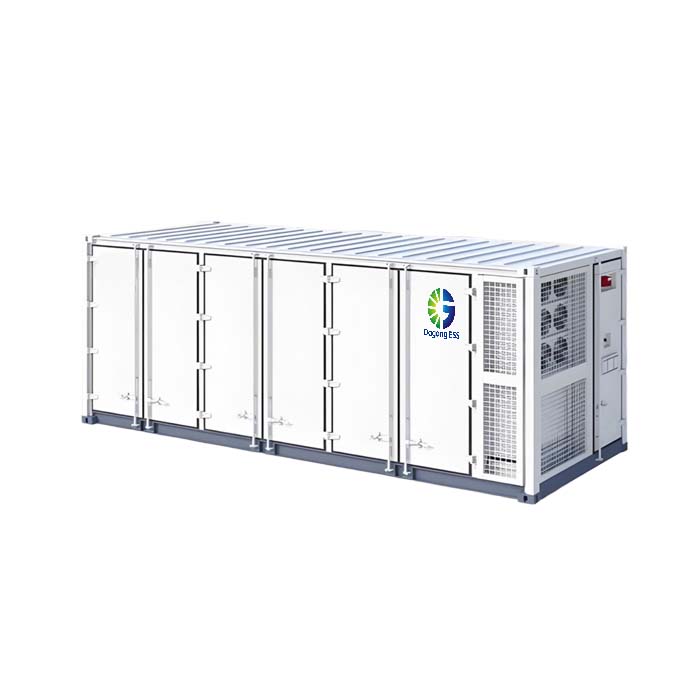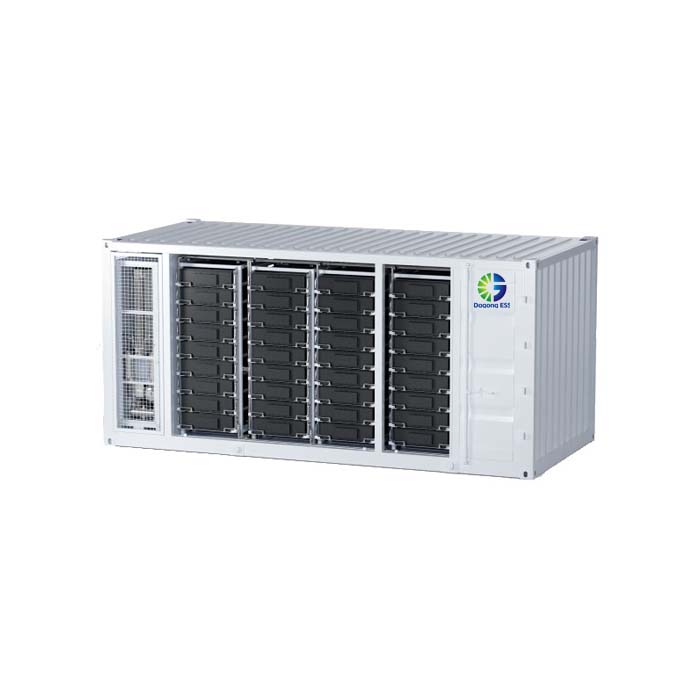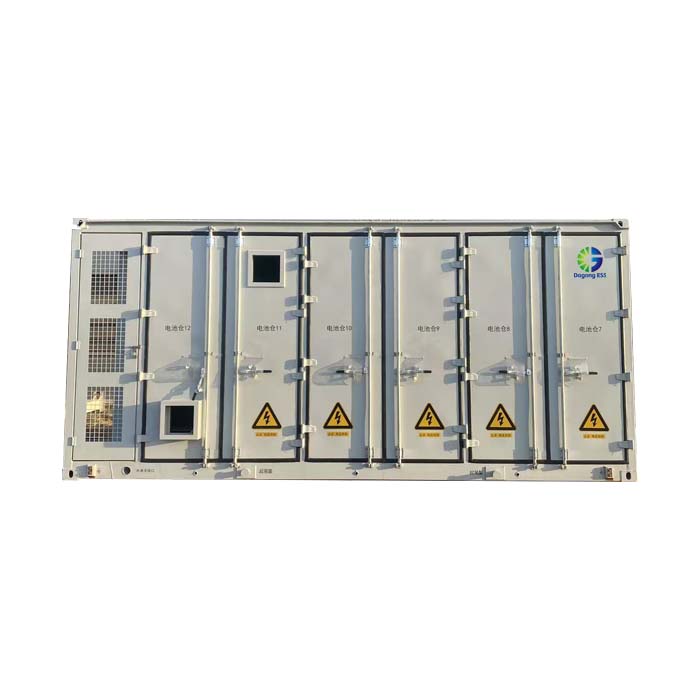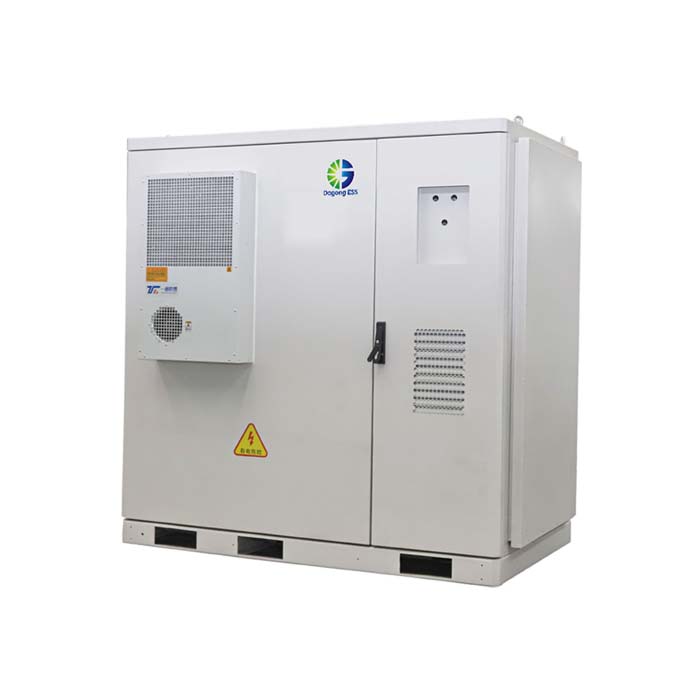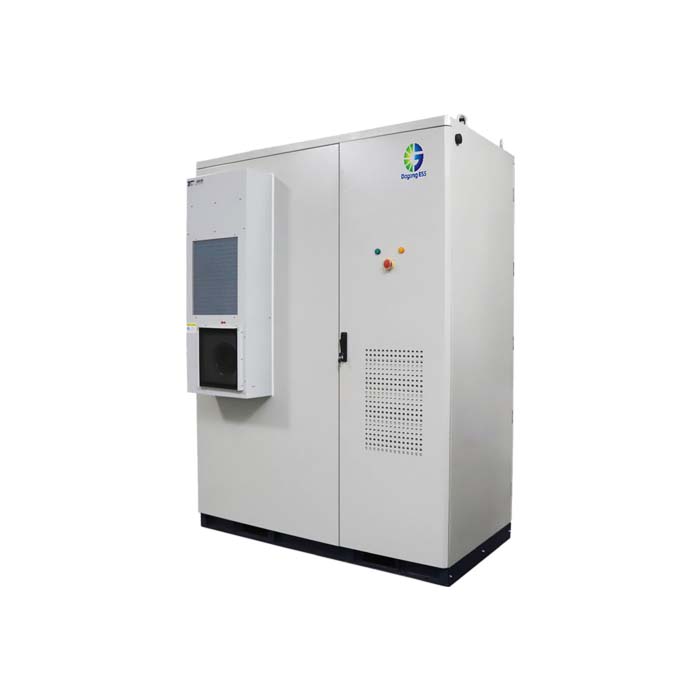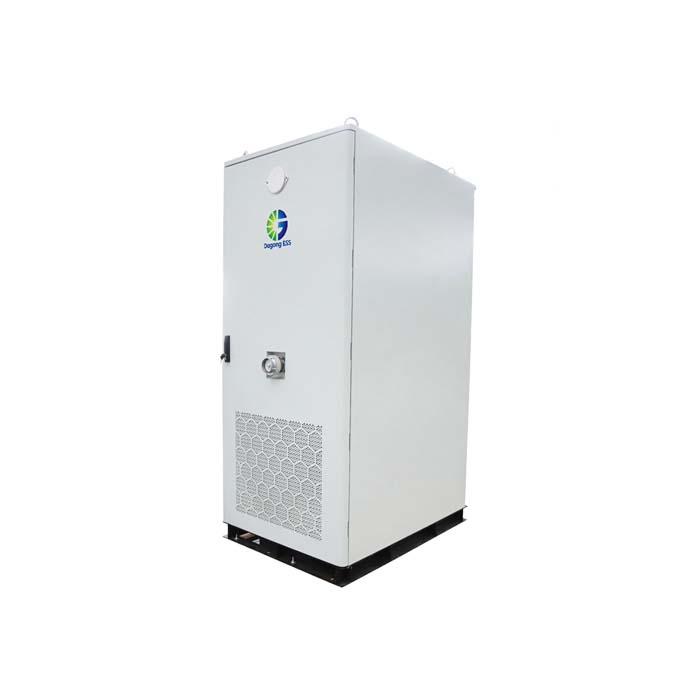The Future of Home Batteries: Why Residential ESS is Essential for Smart Homes
What is Residential ESS?
Residential ESS refers to battery systems that store and supply electricity for homes. For smart homes, these systems are not just backup power sources—they are integrated energy hubs that connect solar panels, EV chargers, and smart appliances.
As automation becomes standard in modern housing, ESS is a core technology for achieving energy efficiency and resilience.
Types of Residential ESS
Wall-Mounted ESS (5–10kWh): Compact and suitable for smart apartments.
Stackable Modular ESS (5–80kWh): Expandable for future smart home upgrades.
Rack Battery Cabinets (5–30kWh): Cost-effective for medium to large smart homes.
Features of Residential ESS
Smart Control: AI-driven energy management platforms.
Connectivity: Seamless integration with IoT devices and smart meters.
Scalability: Flexible design for future expansions.
Safety: LFP technology with robust protection systems.
Applications of Residential ESS
Smart Load Management: Automatically shifts loads to cheaper hours.
EV Integration: Charges vehicles with stored renewable energy.
Resilient Homes: Provides reliable power during outages.
Eco-Friendly Lifestyle: Supports zero-energy building goals.
Price of Residential ESS
The cost of energy storage systems for renewable energy integration depends on several factors, including system capacity, storage duration, battery type, control software, installation conditions, and auxiliary equipment.
Pricing is usually quoted under international trade terms such as EXW, FOB, or CIF, depending on project location and logistics preferences.
For a tailored quotation based on your specific project needs, it's best to consult directly with the supplier.
How to Select Residential ESS for Your Project?
Consider smart home integration requirements.
Choose modular units for long-term expansion.
Review software compatibility with existing smart home platforms.
Verify certification for local compliance.
How Long Does Residential ESS Last?
Home batteries typically last 10–15 years, with advanced smart ESS designed to optimize cycling and prolong service life beyond 8,000 cycles.
The Supplier of Residential ESS
Dagong ESS offer ESS designed specifically for smart homes. For instance, systems such as 5–10kWh wall-mounted batteries and stackable 80kWh units are common in modern energy-efficient houses. Dagong ESS provides certified modular solutions that integrate with IoT platforms and smart energy management systems.


